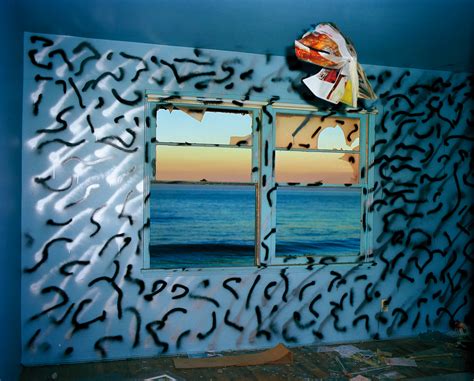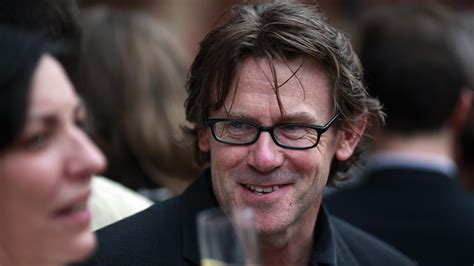A Quote by Walker Evans
Good photography is unpretentious.
Quote Topics
Related Quotes
To know whether photography is or is not an art matters little. What is important is to distinguish between good and bad photography. By good is meant that photography which accepts all the limitations inherent in photographic technique and takes advantage of the possibilities and characteristics the medium offers. By bad photography is mean that which is done, one may say, with a kind of inferiority complex, with no appreciation of what photography itself offers: but on the contrary, recurring to all sorts of imitations.
I collect art on a very modest scale. Most of what I have is photography because I just love it and it makes me happy and it looks good in my home. I also have a pretty big collection of art books mainly, again, on photography. A lot of photography monographs, which is great because with photography, the art itself can be reproduced quite well in book form.
I wanted to combine science and photography in a sensible, unemotional way. Some people’s ideas of scientific photography is just arty design, something pretty. That was not the idea. The idea was to interpret science sensibly, with good proportion, good balance and good lighting, so we could understand it.
































